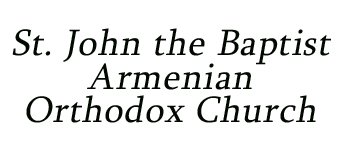THE FAST OF CATECHUMENS
The Fast of Catechumens is unique to the Armenian Church, and It is observed on Monday preceding the feast of St. Sarkis. In the ancient times, the custom was to fast for five days, however, today the fast is extended over three days…
